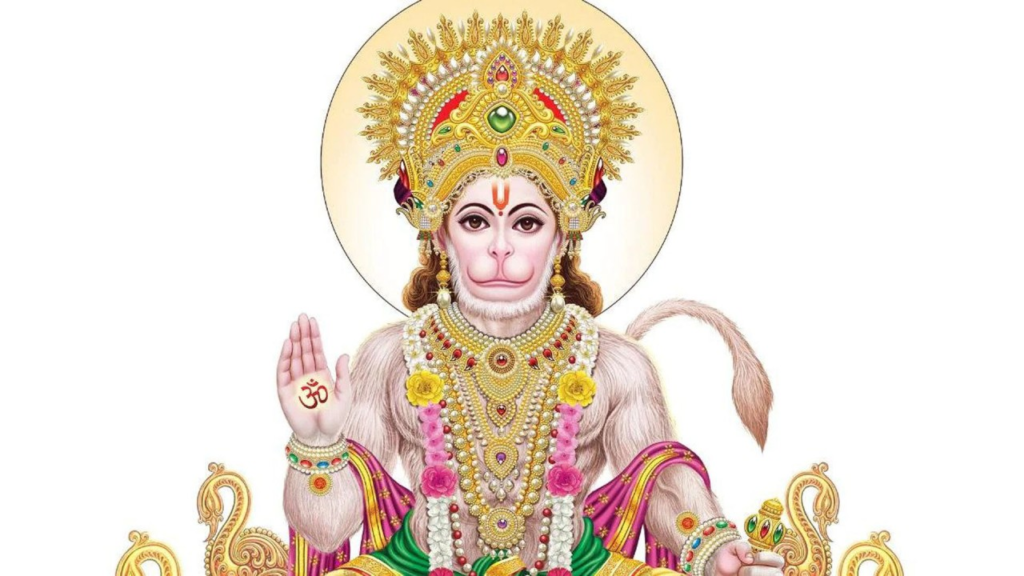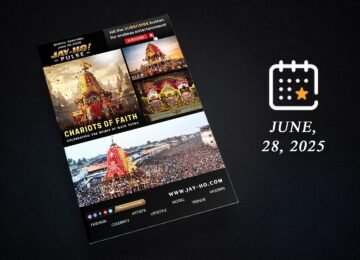Hanuman Jayanti is one of the most important festivals for Hindus. It marks the birth of Lord Hanuman, the powerful monkey god known for his strength, devotion, and loyalty. Every year, millions of devotees across India celebrate this special day with great devotion. But did you know that Hanuman Jayanti is actually celebrated twice a year in different parts of India?
Let’s explore why this happens and what makes each celebration special.
When Is Hanuman Jayanti Celebrated in 2025?
The most popular Hanuman Jayanti will be celebrated in Chaitra month (March-April) on the day of the full moon, which is called Chaitra Purnima. In 2025, this day is expected to fall in April (exact date may vary slightly by location and calendar).
Two Hanuman Jayantis: Chaitra and Margashirsha
Most people in North India celebrate Hanuman Jayanti on Chaitra Purnima, believing that this is when Lord Hanuman was born to Anjana and Kesari, with blessings from the wind god Vayu. On this day, temples are filled with prayers, and the famous Hanuman Chalisa is recited by devotees.
But in South India—especially in Tamil Nadu, Andhra Pradesh, Telangana, and Karnataka—Hanuman Jayanti is observed during the Margashirsha month (December-January). In these states, people follow a spiritual practice called Deeksha for 41 days, which ends on a day known as Anjaneya Jayanti, another name for Hanuman Jayanti.

Why Are There Two Dates?
The reason for this difference is rooted in regional traditions and old scriptures. Some ancient Hindu texts like the Puranas say Lord Hanuman was born in Chaitra, while others suggest it was in Margashirsha. Over the centuries, different regions developed their own ways of celebrating, and both have become accepted.
So, it’s not about one being right or wrong. It’s simply a matter of belief and tradition.
Same Devotion, Different Dates
No matter when it’s celebrated, the spirit of Hanuman Jayanti remains the same across India. Devotees:
- Chant Hanuman Chalisa
- Offer flowers and sweets
- Visit temples
- Perform charity or seva (selfless service)
Hanuman is loved by people of all ages for his bravery, humility, and loyalty to Lord Rama. His life teaches us the values of faith, courage, and selfless service


























